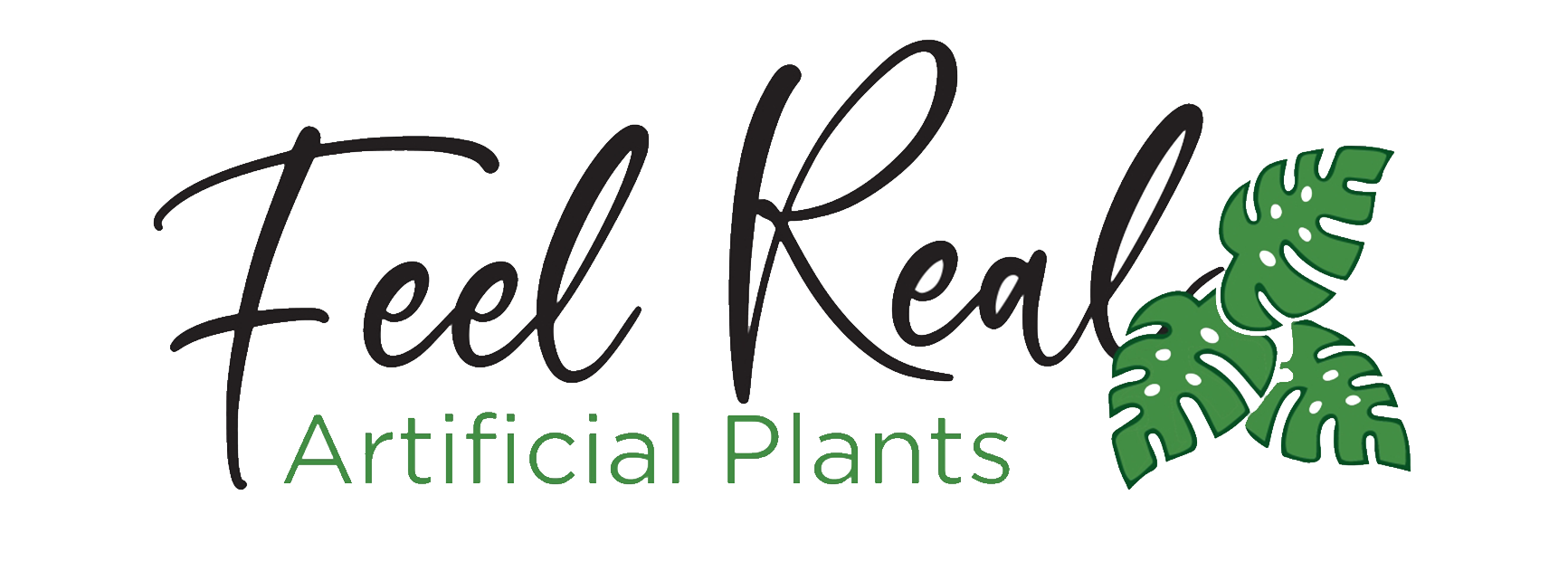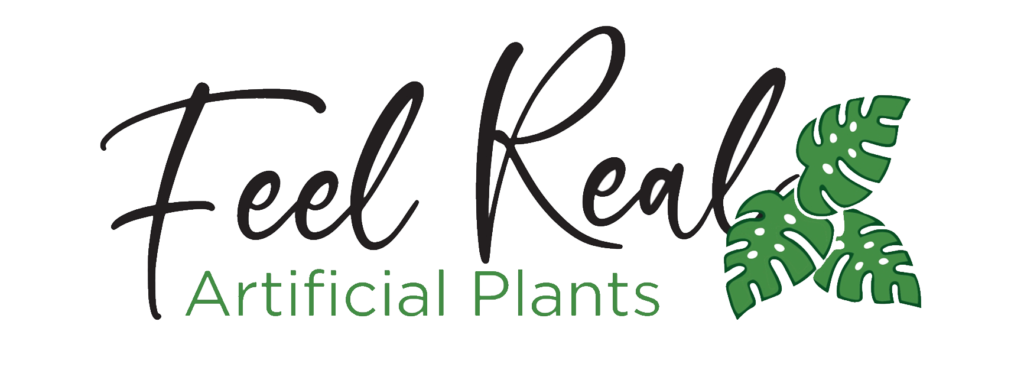In today’s global market, finding reliable suppliers is crucial for businesses looking to source wholesale artificial plants. With countless options available, it’s easy to feel overwhelmed by the choices. However, by delving deeper into specific aspects and understanding their implications, you can make informed decisions that ensure a smooth and successful partnership. Here’s an expanded version of the article, providing detailed insights into each tip to help you navigate the process effectively:

1. Check Expertise and Specialization
When selecting a supplier for artificial plants, expertise and specialization are paramount considerations that warrant further exploration. Delve deeper into the supplier’s knowledge and experience in the artificial plants industry, assessing their understanding of botanical aesthetics, materials science, and manufacturing processes. Look for indicators of specialized expertise, such as affiliations with industry associations, participation in relevant training programs, or contributions to research and innovation within the field. A supplier with a deep-rooted understanding of artificial plants not only demonstrates proficiency in product design and development but also possesses insights into market trends, customer preferences, and emerging technologies.
Moreover, consider the supplier’s specialization in specific types of artificial plants or application areas. Some suppliers may excel in producing lifelike foliage for indoor environments, while others may specialize in creating weather-resistant plants for outdoor landscapes. By evaluating their specialization, you can align your sourcing needs with the supplier’s strengths, ensuring that you receive products tailored to your target market and end-user requirements. Additionally, inquire about the supplier’s track record of successful projects or collaborations within niche segments, demonstrating their ability to deliver customized solutions and value-added services.
Furthermore, assess the supplier’s commitment to ongoing learning and continuous improvement in their field of expertise. Inquire about their investments in research and development, product innovation, and process optimization to stay at the forefront of industry advancements. A supplier who prioritizes innovation and knowledge-sharing fosters a culture of excellence and adaptability, ensuring that their products remain competitive and relevant in a dynamic market landscape. By partnering with a supplier that demonstrates expertise, specialization, and a passion for their craft, you can confidently rely on their guidance, creativity, and reliability to meet your wholesale artificial plant needs.

2. Evaluate Range of Styles and Customization Options:
A comprehensive selection of artificial plant styles and customization options enhances your ability to cater to diverse customer preferences and market trends. Beyond merely assessing the breadth of product offerings, delve deeper into the uniqueness and innovation of each design. Consider factors such as botanical accuracy, lifelike textures, and attention to detail in replicating natural foliage.
Moreover, explore the supplier’s flexibility in accommodating custom orders and tailoring products to meet specific design requirements. Assess their ability to customize aspects such as size, shape, color, and foliage composition to align with your customers’ preferences and project specifications. By partnering with a supplier that offers a wide range of styles and customization options, you can differentiate your offerings and stay ahead in a competitive market landscape.
3. Verify Certification and Audits:
Certification and audits play a pivotal role in assessing the credibility and reliability of wholesale artificial plant suppliers. Beyond merely checking for certifications like ISO 9001, it’s essential to understand the significance of these credentials. ISO 9001 certification, for instance, signifies that the supplier has implemented rigorous quality management systems, ensuring consistency and adherence to industry standards.
Furthermore, delve into the specifics of audits conducted by regulatory bodies or third-party organizations. These audits provide comprehensive evaluations of the supplier’s manufacturing processes, environmental practices, and compliance with ethical standards. By thoroughly examining certification and audit reports, you gain confidence in the supplier’s commitment to quality and integrity.

4. Assess Quality Control Measures:
Quality control lies at the heart of delivering fake plants that meet or exceed customer expectations. To delve deeper into a supplier’s quality control measures, scrutinize their approach to material selection, production techniques, and product testing. Inquire about the types of materials used in manufacturing artificial plants and their durability, UV resistance, and flame retardancy properties.
Understanding the manufacturing processes employed, such as molding, injection molding, or handcrafting, allows you to assess the level of craftsmanship and attention to detail. Additionally, inquire about product testing procedures, including assessments for colorfastness, stability, and safety standards compliance. A supplier with robust quality control measures ensures that each artificial plant meets the highest standards of quality and reliability.
5. Consider Pricing and Value:
Pricing is a critical factor in sourcing wholesale faux plants, but it’s essential to look beyond the initial cost and consider the overall value proposition. Delve deeper into the factors that contribute to pricing, such as raw material costs, production techniques, and labor expenses. Evaluate the pricing structure in terms of transparency, consistency, and flexibility in accommodating bulk orders or customizations.
Additionally, consider the value-added services or benefits offered by the supplier, such as expedited shipping, packaging enhancements, or post-purchase support. By analyzing the balance between pricing and value, you can ensure that your investment yields not only cost savings but also long-term satisfaction and profitability.

6. Review Customer Feedback and Reputation:
Customer feedback and reputation serve as invaluable indicators of a supplier’s reliability, credibility, and customer-centric approach. Dive deeper into customer reviews and testimonials, paying attention to specific experiences, challenges, and outcomes shared by previous clients. Look for patterns or trends in feedback regarding product quality, responsiveness, communication, and after-sales service.
Moreover, explore the supplier’s reputation within industry associations, trade shows, or online forums, where their track record and standing in the market are discussed. By conducting thorough research and due diligence on the supplier’s reputation, you gain insights that help mitigate risks and build trust in your partnership.
7. Assess Communication and Support:
Effective communication and support are essential for fostering a collaborative and productive relationship with your artificial plant supplier. Delve deeper into the supplier’s communication channels, responsiveness, and accessibility across different stages of the procurement process. Evaluate their willingness to provide timely updates, address queries or concerns, and accommodate your specific requirements or preferences.

Furthermore, assess the level of support offered in terms of pre-sales consultations, technical assistance, and post-sales support, such as product installation guidance or troubleshooting. By prioritizing suppliers that prioritize clear and transparent communication, you can minimize misunderstandings, streamline processes, and cultivate a mutually beneficial partnership.
8. Check Warranty and Return Policies:
Firstly, inquire about the warranty coverage provided by the supplier for their plastic plants. A comprehensive warranty should encompass aspects such as manufacturing defects, material degradation, and structural integrity over a specified period. Assess the duration and scope of the warranty to ensure that it aligns with your expectations and industry standards. Additionally, clarify the procedures for initiating warranty claims, including documentation requirements, inspection processes, and resolution timelines. A supplier who stands behind their products with a robust warranty demonstrates confidence in their quality and commitment to customer satisfaction.
Furthermore, examine the supplier’s return policies to understand the process for handling product returns or exchanges. Choose suppliers who offer reasonable return policies that accommodate unforeseen circumstances, such as order errors, damaged shipments, or customer dissatisfaction. Clarify the conditions under which returns are accepted, including eligibility criteria, time limits, and restocking fees, if applicable. Additionally, inquire about the procedures for initiating returns, including obtaining return authorization, shipping instructions, and reimbursement methods. A supplier who facilitates hassle-free returns and exchanges fosters trust and ensures a positive experience for their customers.
Moreover, consider the supplier’s responsiveness and accountability in resolving warranty claims or return requests. Evaluate their communication channels, turnaround times, and willingness to address concerns or issues promptly. A supplier who prioritizes customer satisfaction and transparency in their warranty and return processes enhances your confidence in their reliability and integrity as a business partner.
9. Confirm Compliance with Import Regulations:
Import regulations and compliance requirements vary across different regions and countries, making it essential to delve deeper into the supplier’s adherence to these standards. Research the specific import regulations governing the importation of artificial plants in your target market, including packaging, labeling, and documentation requirements. Inquire about the supplier’s experience and expertise in navigating international trade regulations, ensuring seamless customs clearance and regulatory compliance.

Additionally, verify their commitment to sustainability and ethical sourcing practices, such as using eco-friendly materials or supporting fair labor practices. By partnering with a supplier that prioritizes compliance and sustainability, you mitigate risks associated with regulatory non-compliance and enhance your brand reputation in the global marketplace.
10. Visit Manufacturing Facilities if Possible:
A firsthand visit to the supplier’s manufacturing facilities provides invaluable insights into their capabilities, processes, and commitment to quality. Delve deeper into the production facilities, observing the equipment, technology, and workflow efficiency employed in manufacturing artificial plants. Assess the working conditions, safety protocols, and adherence to labor standards, ensuring ethical and responsible practices.
Engage with the production team and management staff to gain a deeper understanding of their expertise, quality control measures, and commitment to customer satisfaction. By investing the time and effort to visit manufacturing facilities, you establish trust, transparency, and confidence in your partnership with the supplier.

In conclusion, choosing audited suppliers of artificial plants and trees requires a thorough understanding of specific criteria and their implications for your business. By delving deeper into certification and audits, quality control measures, product range, pricing, reputation, communication, compliance, and facility visits, you can make informed decisions that drive the success of your business. Remember, the diligence and effort invested in selecting the right supplier lay the foundation for long-term partnerships and sustainable growth in the competitive global market landscape.



